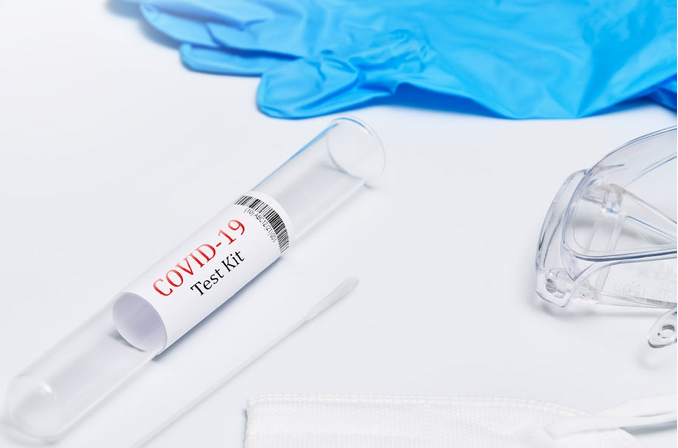How to Get Accurate COVID Test Results
Welcome to our blog post on how to get accurate results in COVID tests. As the world continues to battle the ongoing pandemic, testing has become an essential tool in identifying and containing the spread of the virus. However, ensuring that these tests are reliable and produce accurate results is crucial. In this article, we will explore some key factors that can help you obtain precise outcomes from your COVID tests. So whether you’re getting tested for travel purposes or simply want peace of mind, read on to discover how you can maximize accuracy and make informed decisions based on your test results. Let’s dive right in.
Find a Reliable Testing Facility
Finding a reliable testing facility is crucial for accurate COVID test results. With the increasing demand for testing, choosing a facility that follows proper protocols and maintains high standards is important. Do your research. Look for testing facilities that are approved by reputable health organizations or have good reviews from previous customers. This will give you confidence in their reliability and accuracy. Next, consider the location of the facility. It’s best to choose one that is easily accessible and convenient for you.
Choose the Appropriate Test Type
When it comes to COVID testing, choosing the appropriate test type is crucial for obtaining accurate results. There are various options available, each with its own advantages and limitations. The two most common tests are the PCR (polymerase chain reaction) test and the rapid antigen test. PCR tests are considered the gold standard in COVID testing due to their increased sensitivity and specificity. These tests detect genetic material from the virus, providing a reliable diagnosis even at low viral loads. However, they typically require laboratory processing time, which can result in longer turnaround times for results. For that reason, some people prefer the saliva covid testing because they can now self-collect and send it to the lab for processing.

Find the Right Timing
When it comes to getting accurate results in COVID tests, timing plays a crucial role. The timing of the test can significantly impact its accuracy and reliability. The first factor to consider is when you should get tested after potential exposure or experiencing symptoms. It’s important to note that testing too early may yield false negatives as the virus might need more replication for detection. On the other hand, waiting too long could result in a higher viral load, increasing the chances of a positive result. Moreover, timing also includes considering at what point you should get tested during your illness. Different types of tests are more effective at different stages of infection.
Understand the Limitations
When getting a COVID test, one crucial aspect is understanding its limitations. While these tests have proven to be valuable tools in detecting the presence of the virus, it’s important to recognize their inherent constraints. It’s vital to understand that no test is 100% accurate. False negatives and false positives can occur due to various factors, such as the test’s timing or sample collection issues. Therefore, even if you receive a negative result, it doesn’t guarantee that you are completely free from infection. Another limitation is that different types of tests have varying degrees of accuracy. For instance, molecular PCR tests are more reliable than rapid antigen tests.
Taking proactive steps like choosing the appropriate test type, finding a reliable testing facility, timing your tests correctly, and understanding the limitations can greatly improve the accuracy of COVID test results. However, “It is always advisable to consult with healthcare professionals for further guidance regarding any concerns related to COVID-19 testing.” We hope that you have found this blog post helpful.…
